From euphoria to despair, the toxic relationship cycle leaves lasting scars. Learn the stages of a narcissistic relationship to protect yourself from the emotional rollercoaster and avoid lasting trauma.
Narcissistic relationships often go through a painful cycle that is a predictable outgrowth of narcissistic personality disorder. Central to understanding a narcissist’s behavior is that their relationships are transactional.
Their impaired boundaries and lack of empathy prevent them from seeing other people as separate three-dimensional beings with needs and feelings of their own.
Thus, more than most people, they’re motivated by self-interest without considering the impact on their partner. However, it’s important to remember that there are several types of narcissists with varying symptoms and severity of pathology.
In narcissistic relationships instead of deepening love, dissatisfaction and abuse increase. Naturally, this creates conflict.
Who wants to be dependent and dissatisfied, which is typical in codependent relationships? Narcissists are codependent, too, but they express it differently. They don’t sacrifice themselves for the relationship. They sacrifice the relationship for themselves.
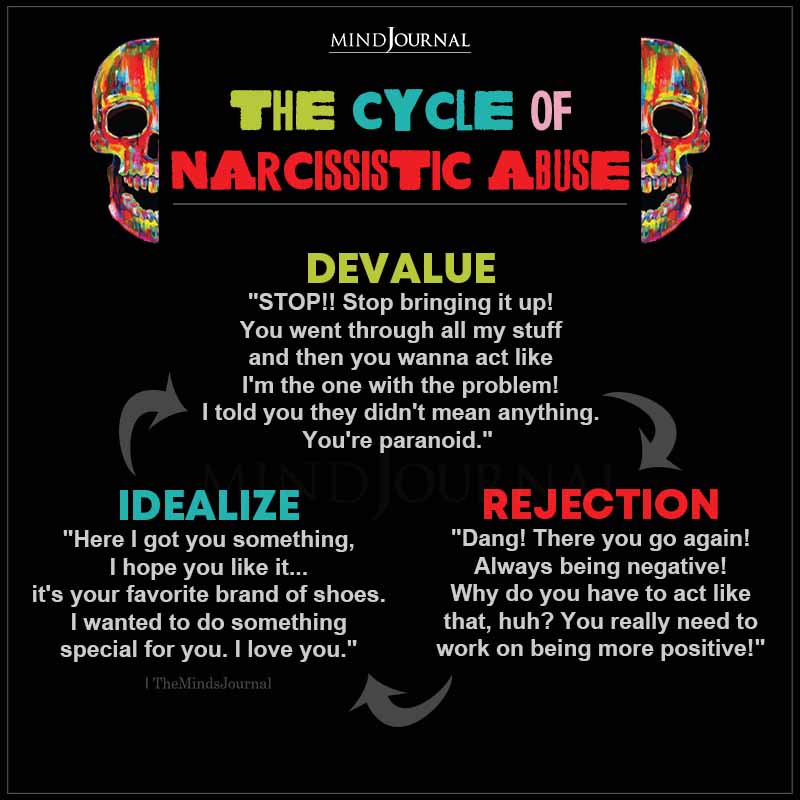
What are the stages of a narcissistic relationship?
Stage 1 Of A Narcissistic Relationship Cycle: Impression Management
Narcissists are drawn to people who enhance their image or status, such as someone successful, talented, or attractive. If you qualify, they brag to impress you so that you will like and admire them.
Some narcissists will ask about you and mirror your tastes and interests, which can feel flattering. They may even reveal flaws or sad stories about themselves to arouse your sympathy. Make no mistake, power and control are essential to them.
They evaluate how interested you are in them, and how supportive, pliable, and accommodating you are.
Seduction plays a part in this romantic phase. Some narcissists engage in love-bombing. To differing degrees, they shower you with attention, gifts, compliments, expensive dinners or trips, and even promises of commitment to “win” you over.
They’re very good at impression management and charm to influence people and be admired. Their behavior may be unconscious, but for some narcissists, romance is a game, and they consciously manipulate you.
Your role:
Dating a narcissist can be dizzying to anyone who is lonely, depressed, eager for a relationship, or who has low self-esteem. Lust and hope prompt you to rationalize or overlook troublesome signs.
The best defense is to have a fulfilling life, friends, and healthy self-esteem. Be upfront about your needs, dislikes, and boundaries, and don’t cancel other commitments and obligations to be with them.
Remember that knowledge about one another takes time, and love and commitment take longer. In a research setting, it took people seven meetings to see through the narcissist’s facade.
Related: The Narcissist’s Cycle Of Abuse
Stage 2 Of A Narcissist Relationship Cycle: They Find You Imperfect
Stage 2 of narcissistic relationships starts once narcissists believe you’re hooked. The challenge of winning you is no longer motivating. They start fault-finding and expect you to be perfect, just as perfect as they believe that they are.
They nitpick, blame, rage, and make unreasonable requests and demands. You must put them first, use a certain shampoo, or dress in the manner they desire. It’s your fault they were late to a meeting or that they can’t find their socks.
There are several ways to understand their behavior. First, once secure in the relationship, they tire of the effort required to charm and entertain you. Now they want their demands met.
Second, they want to maintain control and be assured you won’t challenge or leave them. By blaming and criticizing you, your power and self-esteem are weakened, and they have the upper hand.
Third, their idealization of you evaporates. They’re angered by your requests and criticisms and disappointed when they see you in an unflattering light, when you make mistakes, or are less attentive than you initially were.
Their “love” or fascination withers. Fourth, they can’t mentally hold a positive image of you in mind when they’re disappointed or angry. This is unconscious splitting, which they can’t control.
Your role:
If you already had low self-esteem or a critical or abandoning parent, the narcissist’s behavior triggers a trauma reaction that’s further wounding. You try even harder to please the narcissist and be “perfect” in order to be loved – an impossible task.
It’s time to learn all you can about narcissists and how to communicate with them in my book. Notice how you feel in the relationship, aside from how much you love the narcissist.
Don’t take their remarks personally, practice self-care, and set boundaries. Therapy can help, especially if your emotional needs aren’t getting met and you’re insecure, walking on eggshells, or confused.
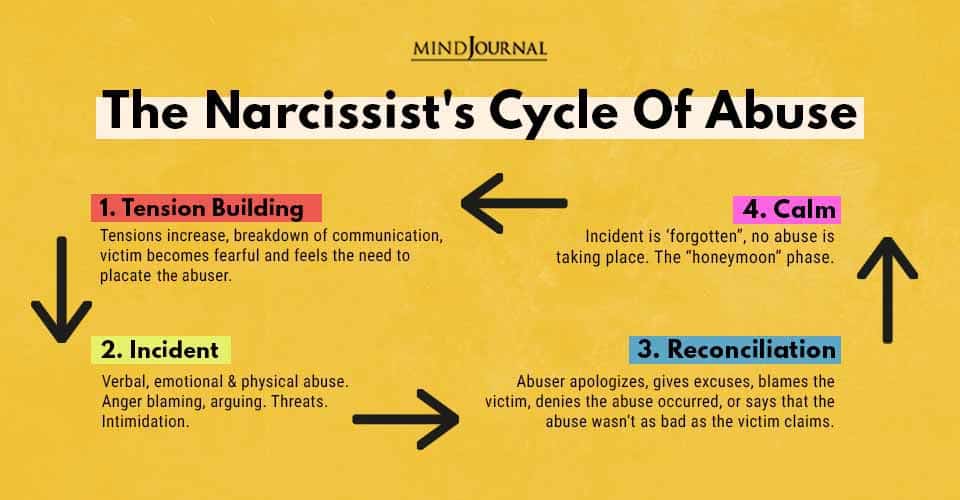
Stage 3 Of A Narcissist Relationship Cycle: Escalating Abuse
If you haven’t detached and set effective boundaries to limit the narcissist’s behavior, you’re indirectly giving a green light to escalate narcissistic abuse and ignore your needs.
They may call you names, openly insult you in front of other people, lie shamelessly, manufacture events and statements, stonewall you, withhold material, emotional, or physical support or needs, or practice DARVO and gaslighting.
Anger and rage become more common. Normal conversation and loving gestures mostly disappear. At this stage, they may try to isolate you and prevent you from working, seeing friends and family, or seeking outside help.
More malignant narcissists may be aggressive and harm you or your property, without remorse
Often covert, vulnerable narcissists play the role of victim and make incessant demands for attention or love. Your life increasingly revolves around their moods, jealousy, and needs.
They expect reassurance, pampering, frequent physical affection or sex, and may even expect you to read their mind and meet their every whim, like a mother tending an infant.
Your Role:
It’s a mistake to confuse demands for attention with love. It’s disrespectful to you, your boundaries, and your needs. Don’t expect the romantic phase to return.
Typically, partners keep hoping it will despite worsening abuse and lack of any positive attention. Instead, they become trauma-bonded and more dependent on the narcissist.
They begin to accept the narcissist’s reality and lose more of themselves. They may feel hopeless and in most cases are unable to leave without outside help.
Don’t isolate. It’s essential to get outside help to correctly perceive reality, protect yourself, rebuild your autonomy and self-esteem, set boundaries, and improve or leave the relationship.
Related: How Long Does It Take To Recover From Narcissistic Abuse? 6 Things You Can Do To Heal
Stage 4: Replacing or Discarding You
Some refer to stage 4 of narcissistic relationships as the Discard, meaning the narcissist leaves, but that doesn’t apply to many marriages, which can endure for decades.
Narcissists desperately need their supply of admiration, like an addict needs his drug. They will seek it elsewhere if you gray rock, tire of providing it, or have so devalued you that their need for admiration must be filled by a more desirable source.
This may be through their work, solo travel, social engagements, or an affair. Whether the narcissist has an affair(s) or wants a divorce, they blame it on you and play the victim.
Often, narcissists don’t want a divorce, they just want their needs met. They want the comfort and status of marriage, care for their home and children, and a stable financial position, without making any compromises required in a reciprocal relationship.
In shorter relationships, narcissists who fear commitment are game players and may jump to stage 4, “ghost” you, or suddenly break up, even after an engagement. (Not everyone who ghosts is a narcissist.) It’s incredibly painful to be inexplicably abandoned at the height of hope and romance.
Your Role:
Don’t allow yourself to take the blame for their cheating or the failure of the relationship. Remember that throughout the relationship they haven’t taken responsibility for their behavior, and now is no different.
Get support to stand up for yourself. If you want to try to save the relationship, insist that the narcissist attend therapy. Couples counseling may be the first step, but also have your own therapist. If divorce is on the table, find an experienced divorce lawyer.
Stage 5: The Aftermath
Following a breakup or divorce from a narcissist, expect to be ignored, seduced, or harassed. After ghosting, discarding, or divorcing, many narcissists engage in “hoovering” to win you back and/or maintain you as a potential subject for their supply.
They may make empty promises, flatter, blame, or shame you, apologize, call or show up unexpectedly, agree to therapy, stalk you, beg, and even cry to win you back.
Once they believe they’ve won you back, they slowly return to their old ways. Don’t get your hopes up. For a narcissist to really change, a commitment to long-term therapy is required.
If hoovering doesn’t work to win you back or you initiated the breakup, narcissists may use threats and intimidation to get what they want.
Some are vindictive and punish you to restore their superiority and self-esteem, they won’t hesitate to use the children as weapons.
Your Role:
No matter what the narcissist says or does, no contact is advisable. Even answering their calls or texts reassures them that they have power over you.
If you’re co-parenting, maintain strict boundaries and abide by legal agreements and orders. Consult an attorney if the narcissist violates them.
It’s important to admit you’ve been a victim of narcissistic abuse. The impact of that doesn’t end when the relationship ends.
Dealing with a narcissist is traumatizing and can cause PTSD, and accompanying prolonged feelings of anxiety, shame, and depression. Do get therapy to let go and restore your confidence and self-esteem so you don’t isolate or repeat an abusive relationship.
Learn how to avoid dating a narcissist, how to use Strategic Transactional Communication and change the power dynamics in the relationship to restore your autonomy and raise your self-esteem.
Follow the steps and scripts in Dating, Loving, and Leaving a Narcissist: Essential Tools for Improving or Leaving Narcissistic and Abusive Relationships
You’ll be empowered to evaluate and improve your relationship or leave if you choose. Don’t wait! A narcissist won’t change until you do, and the relationship won’t improve until you get stronger.
Related: Handling Narcissistic Abuse: 10 Common Mistakes and How To Deal Effectively
So these were some of the stages of narcissist relationships. Keep in mind that in the end, understanding the stages of a narcissistic relationship is a powerful tool for self-preservation.
Recognizing the signs of narcissistic relationships allows you to break free from the toxic cycle, safeguarding your emotional well-being and paving the way for healthier connections ahead. Share your thoughts on them and how you can overcome it in the comments below!
© 2023 Darlene Lancer
Originally published on: What Is Codependency
Written by: Darlene Lancer, JD, LMFT
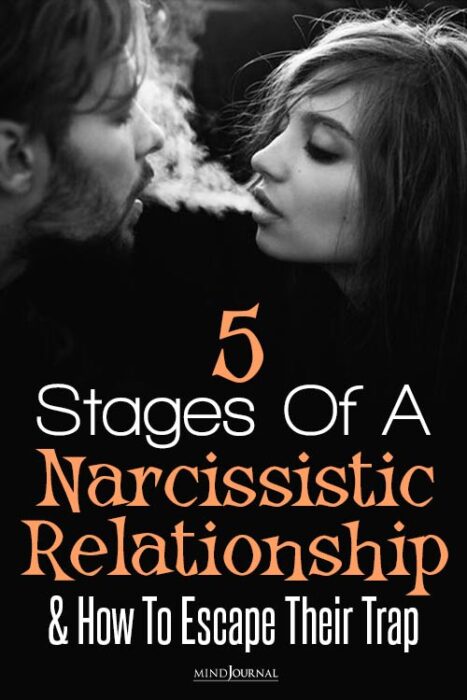
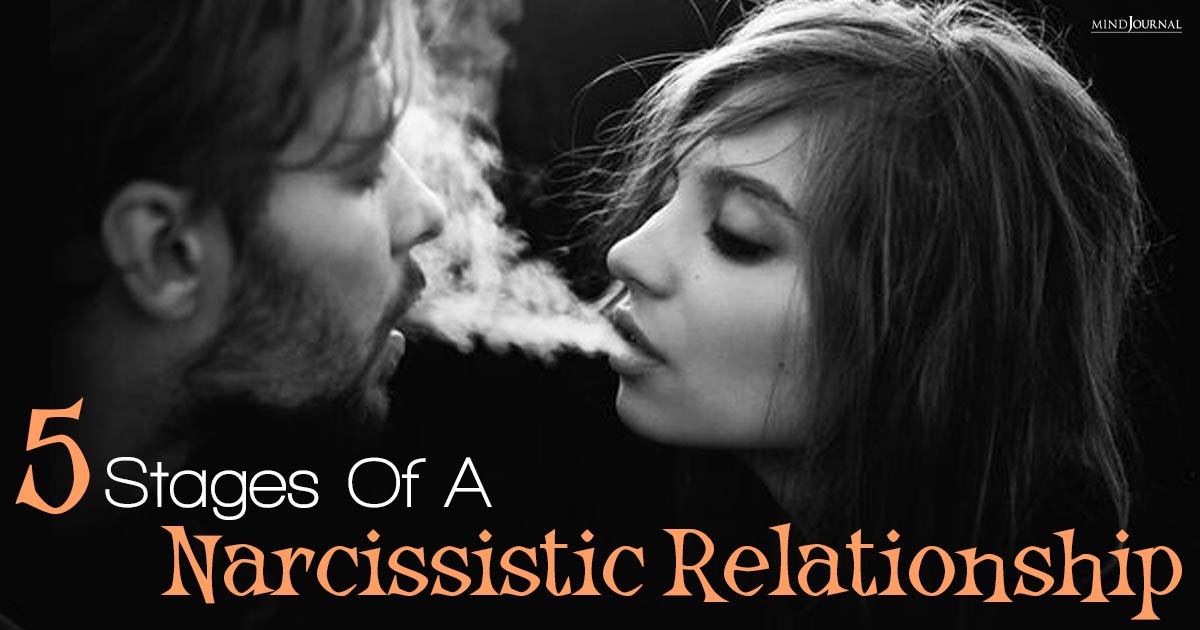


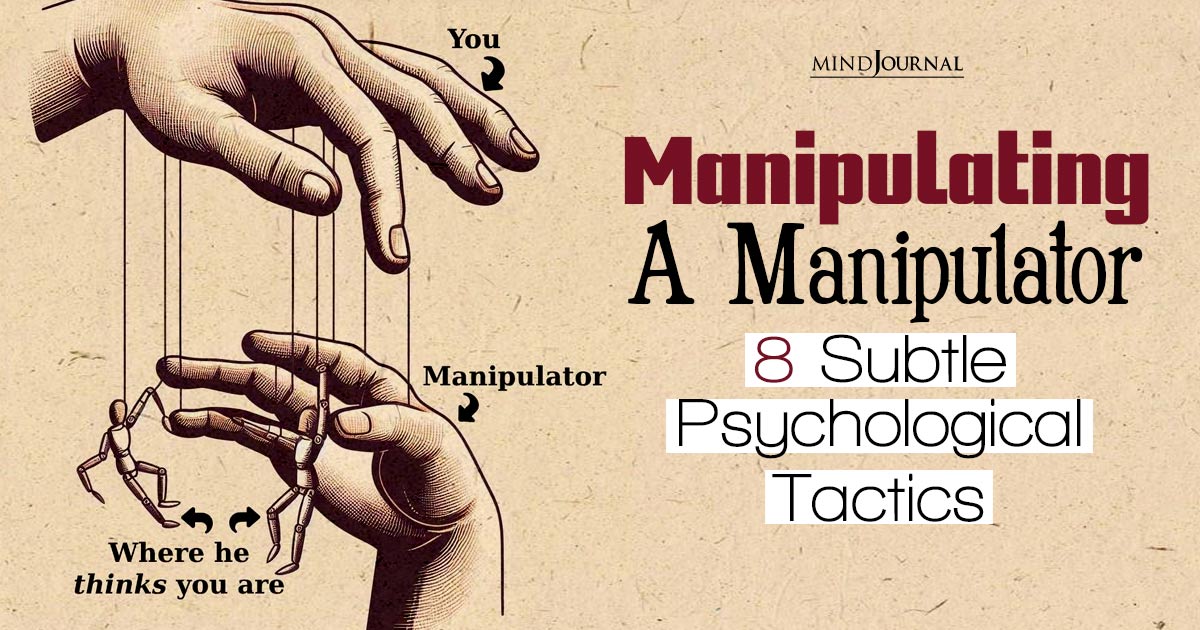



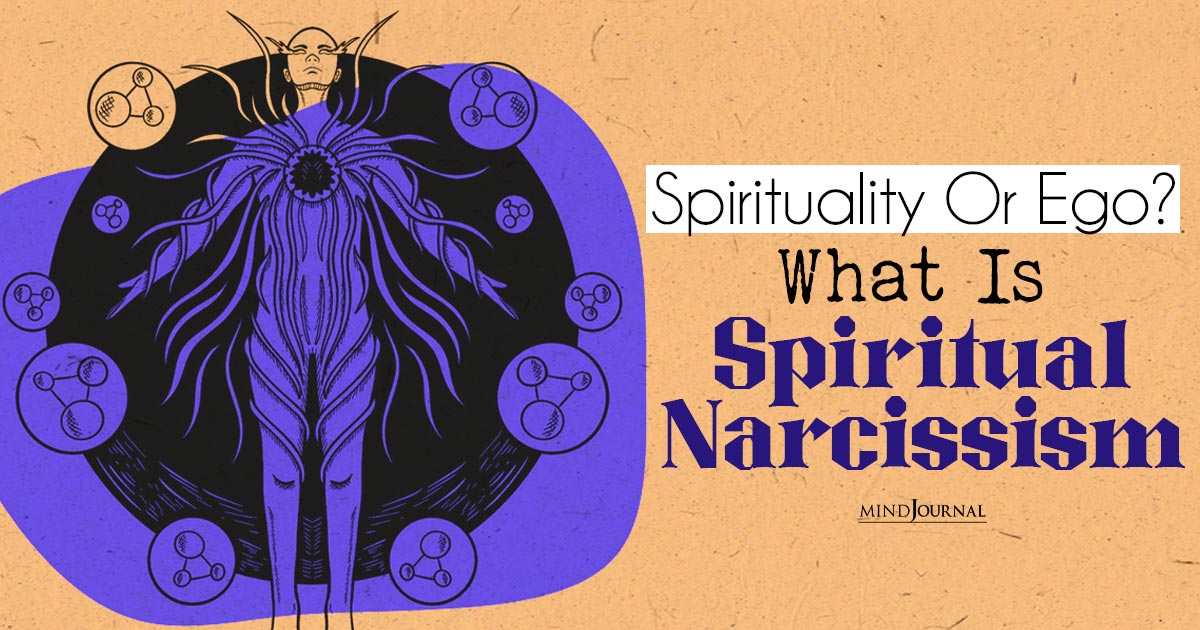
Leave a Reply
You must be logged in to post a comment.